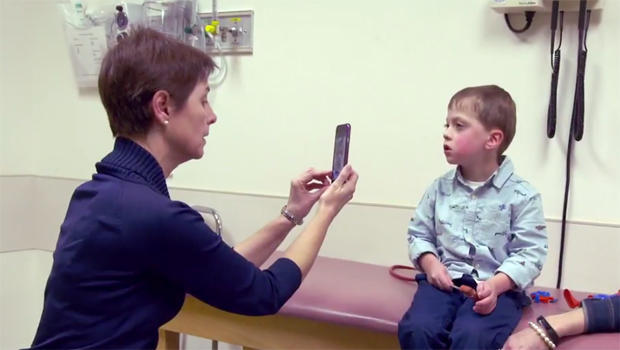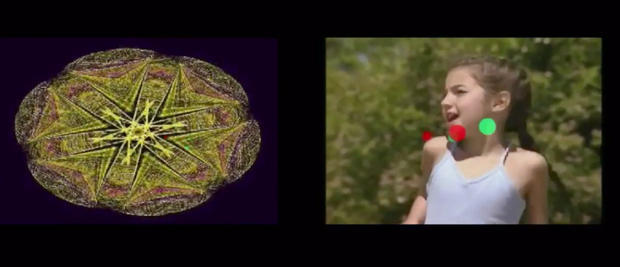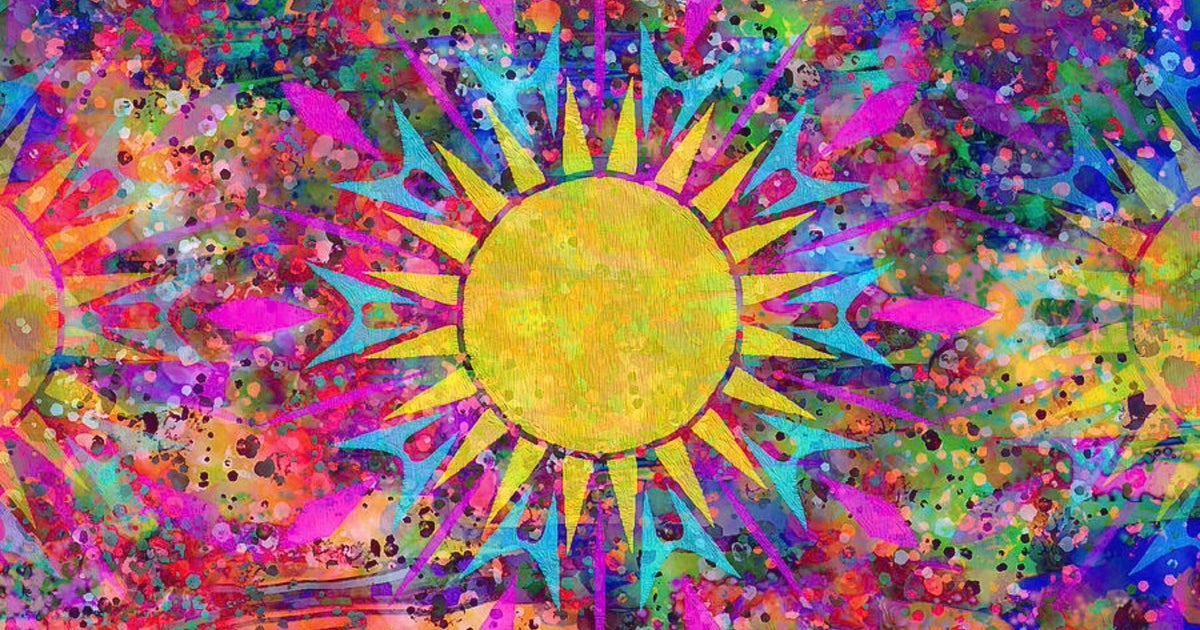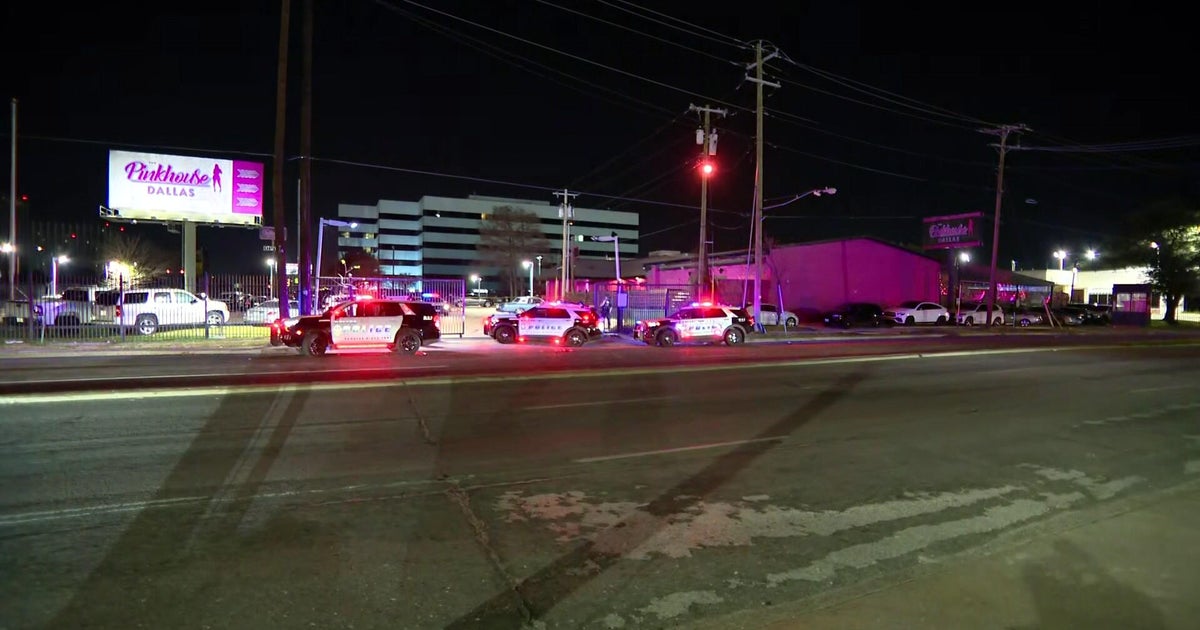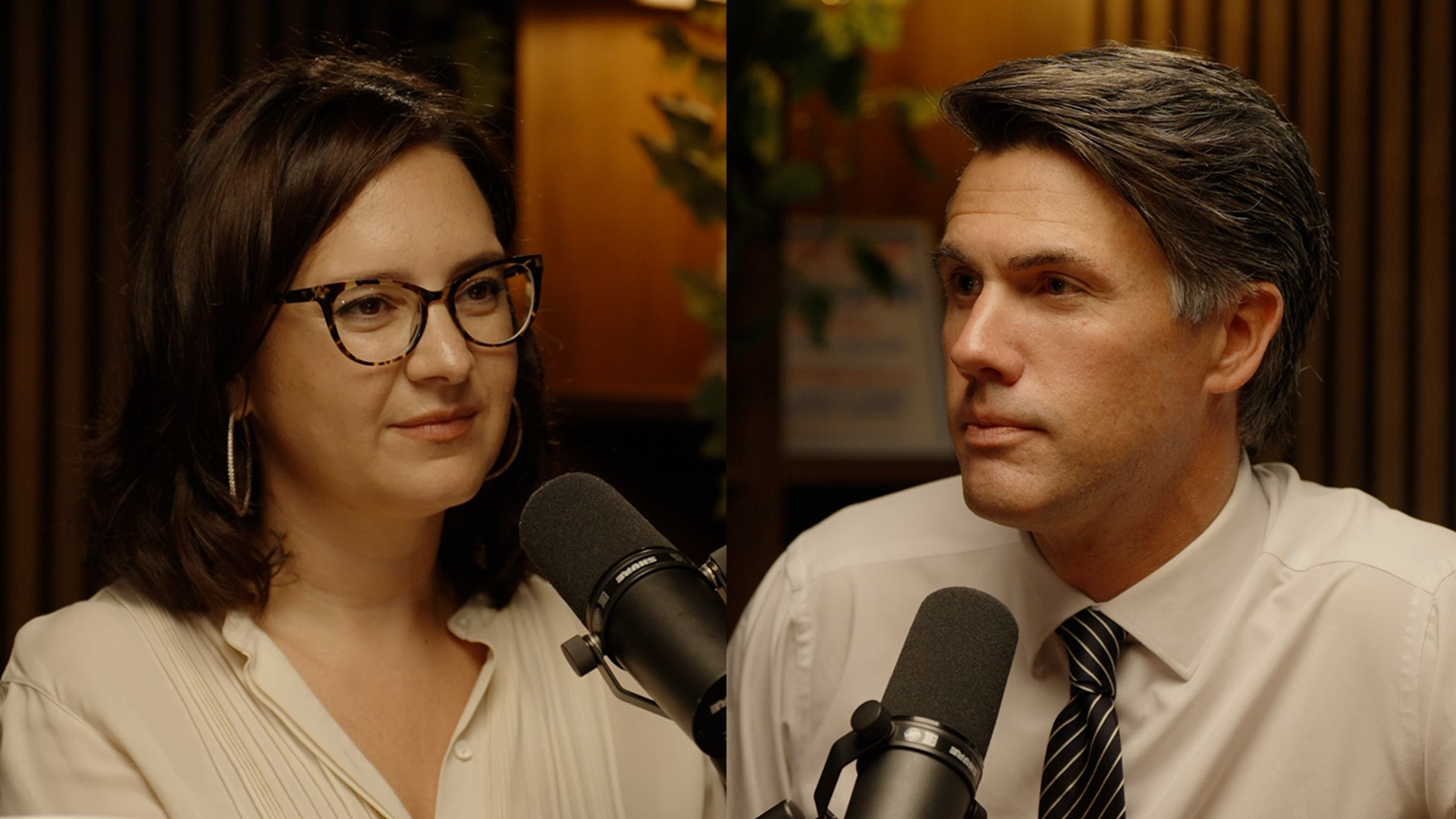How new technologies aid diagnosis of disorders
Keegan Patavio is a bright four-year-old, who also presented a medical mystery.
"He was much slower to grow," said Christy Patavio. "All of his things were delayed -- speech was slightly delayed, crawling was delayed."
Doctors didn't know what was wrong, until Keegan's parents brought him to Delaware's Alfred DuPont Children's Hospital, where Dr. Karen Gripp uploaded his picture into an app called Face2Gene to study his image.
"Most people looking at him wouldn't see anything at all other than he's a cute kid," said CBS News correspondent Anna Werner.
"Yeah, he is," said Dr. Gripp. "I didn't know that there was anything in particular different about him, either. And so that's why I was really impressed that this app was able to see something looking only at his face."
The system, developed by the company FDNA, uses the same facial recognition technology as Facebook to look for similarities or "matches" among images of children with 8,000 rare genetic disorders.
In just seconds, the app suggested Keegan might have a metabolic disorder known as Smith-Lemli-Opitz syndrome.
"It was a quick answer," said Christy. "I mean, we knew right there."
The app is just one of many new technologies helping doctors reach a diagnosis more quickly and efficiently.
Another one, called RightEye, targets autism.
Doctors at George Washington University's Autism Center showed Werner how the test uses infrared sensors to track what a child prefers to look at.
His choices? On one side, people; on the other, simple geometric shapes. Research shows most children are drawn to the images of people, but toddlers with certain types of autism focus instead on the shapes.
"We're categorizing it as an autism risk," said the test's inventor, Karen Pierce. "If you look at the geometric shapes more than 69 percent of the time, the chances that you have ASD are exceptionally high."
The test can now be used in a regular doctor's office.
"What used to be in the lab that would take a long time to process is now going to be in many locations providing instant results," said RightEye chief science officer Melissa Hunfalvay.
The Face2Gene app is available in the Apple Store. But company CEO Dekel Gelbman says only medical professionals are allowed access to the database.
He told Werner he doesn't want moms and dads to download the app and try to diagnose their children themselves.
Werner said, "That's the tantalizing question, isn't it? I can see a lot of people at home saying, 'Wow, if I had that app on my phone, maybe I could just figure out what's going on with my child myself'?"
"Being responsible, as we are, we don't allow that," Gelbman said. "We don't want people to go and get anxiety over things that they don't really understand."
